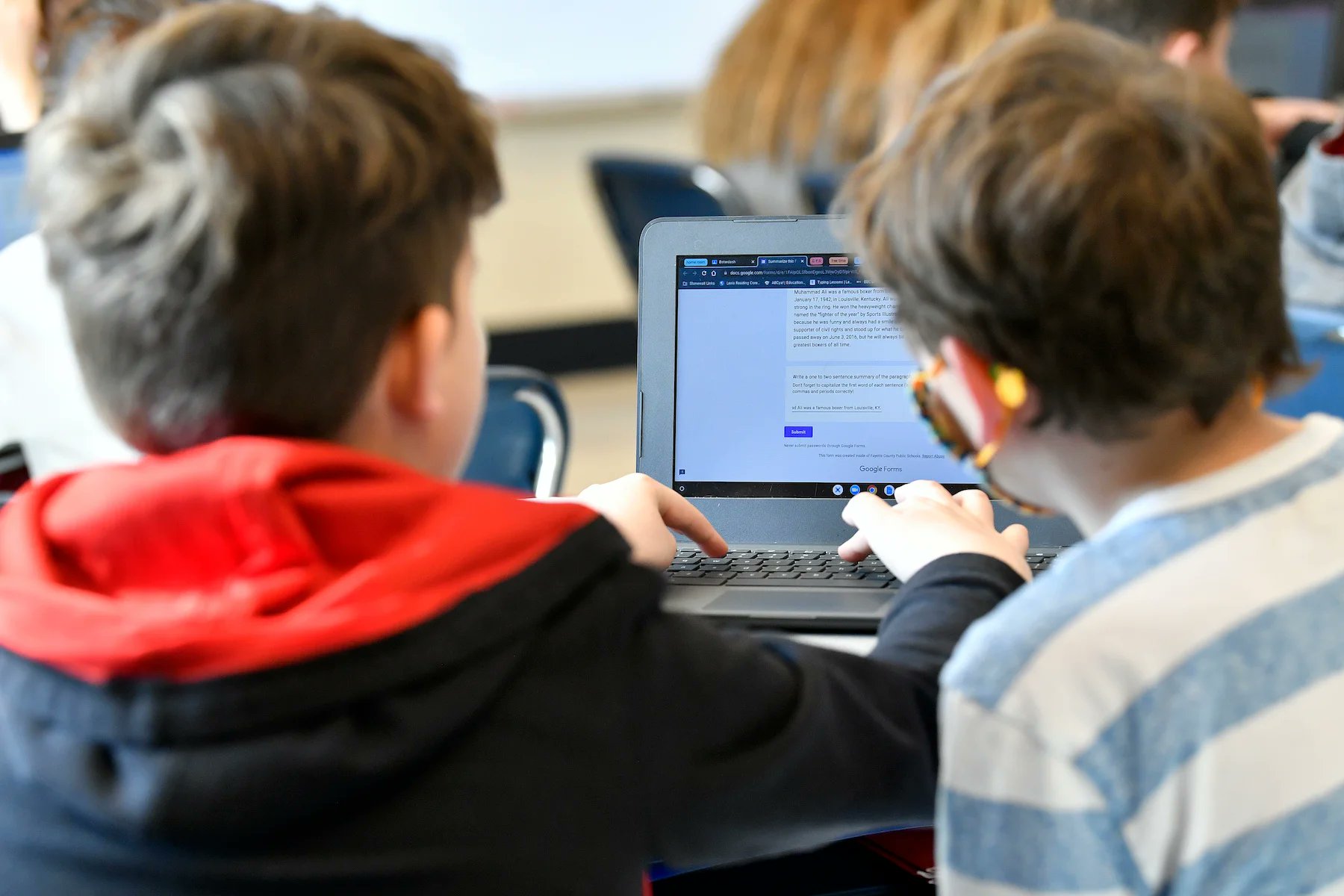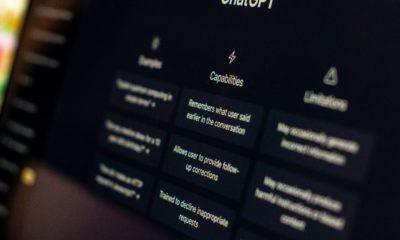411
Are Students Losing the Art of Thinking? The ChatGPT Classroom Dilemma

As AI tools enter the classroom, educators wrestle with a hard question: are students outsourcing their minds?
When University of Illinois lecturer Jocelyn Leitzinger asked her students to reflect on moments they’d witnessed discrimination, she wasn’t expecting so many tales about a woman named “Sally.”
It didn’t take long for her to realise something was off.
“It was very clear that ChatGPT had decided this is a common woman’s name,” Leitzinger recalled. Instead of authentic, lived experiences, many students had submitted neatly structured, but clearly fabricated, responses likely penned by artificial intelligence.
Leitzinger teaches a course on business and society. Ironically, some of her students were even using ChatGPT to write essays about the ethics of AI. “Mind-boggling,” she said. “They weren’t just using it, they were bypassing thinking entirely.”
Is ChatGPT Short-Circuiting Student Learning?
Her concerns aren’t isolated. A recent preprint study from MIT, which hasn’t yet been peer-reviewed but is already sparking debate, suggests students using ChatGPT may be engaging in less critical thinking than those who write essays unaided.
Researchers split 54 adults into three groups: one used ChatGPT, another used a search engine, and the third wrote with only their brains. EEG readings showed the ChatGPT group had significantly lower brain connectivity during writing tasks. Even more telling, over 80% couldn’t remember what they had just written.
“They were mostly copy-pasting by the third round,” said lead researcher Nataliya Kosmyna, adding that teachers described the AI-written essays as soulless. Polished grammar and structure couldn’t hide the lack of originality or depth.
But Kosmyna also urged caution. The study was small, and when the “brain-only” group later used ChatGPT thoughtfully, their neural activity spiked. The tool itself isn’t the enemy, she argued, it’s how we use it.
Educators Are Feeling the Shift
Since ChatGPT’s public debut in late 2022, the academic landscape has changed fast and not always for the better. Leitzinger, like many educators, says she’s seen a decline in both spelling mistakes and sincere reflection.
Some students don’t even bother changing the font when pasting AI responses.
Still, she’s empathetic. “It’s not that students are lazy,” she said. “It’s that the rules are confusing.” Some universities encourage AI-assisted work; others ban it outright. For students juggling deadlines, unclear policies make it tempting to cut corners.
‘Writing Is Thinking’, So What Happens When We Stop Writing?
Leitzinger puts it bluntly: “Writing is thinking. Thinking is writing. And when we eliminate that process, what does that mean for thinking?”
It’s a question many educators are now asking. Using ChatGPT to support learning, like summarising notes or generating discussion points, is vastly different from using it to replace the learning process altogether.
Student Voices: Tools, Not Crutches
A British university student in his early 20s, who preferred to stay anonymous, told AFP he uses ChatGPT to organise lecture notes and brainstorm ideas.
But even he draws the line at using it to write entire assignments.
“That’s not what you’re supposed to be at university for,” he said. “It’s useful, but you still have to know what you’re talking about.”
Beyond the Classroom: AI Creep into Research and Publishing
The implications stretch far beyond student essays. Academic journals are now flooded with AI-generated submissions. Even book publishing is under pressure, one startup reportedly plans to churn out 8,000 AI-written books annually.
The ethical minefield is growing, and education may be just the beginning.
A Call for Better AI Literacy, Not Just Bans
Some experts compare the AI shift to the introduction of calculators in classrooms decades ago. Initially controversial, calculators eventually found their place, once educators learned how to integrate them thoughtfully.
Could AI follow the same path?
Many believe the answer lies not in banning tools like ChatGPT, but in teaching students how to use them. Critical thinking, originality, and writing skills can still thrive, but only if AI is used as an assistant, not an author.
AI can be a brilliant co-pilot in the learning process, but it shouldn’t replace the driver. As ChatGPT becomes more common in classrooms, students and educators alike must re-evaluate what learning really means in the age of automation. The real challenge isn’t the tool itself, it’s remembering how to think with it in hand.
{Source: IOL}
Follow Joburg ETC on Facebook, Twitter , TikTok and Instagram
For more News in Johannesburg, visit joburgetc.com

















